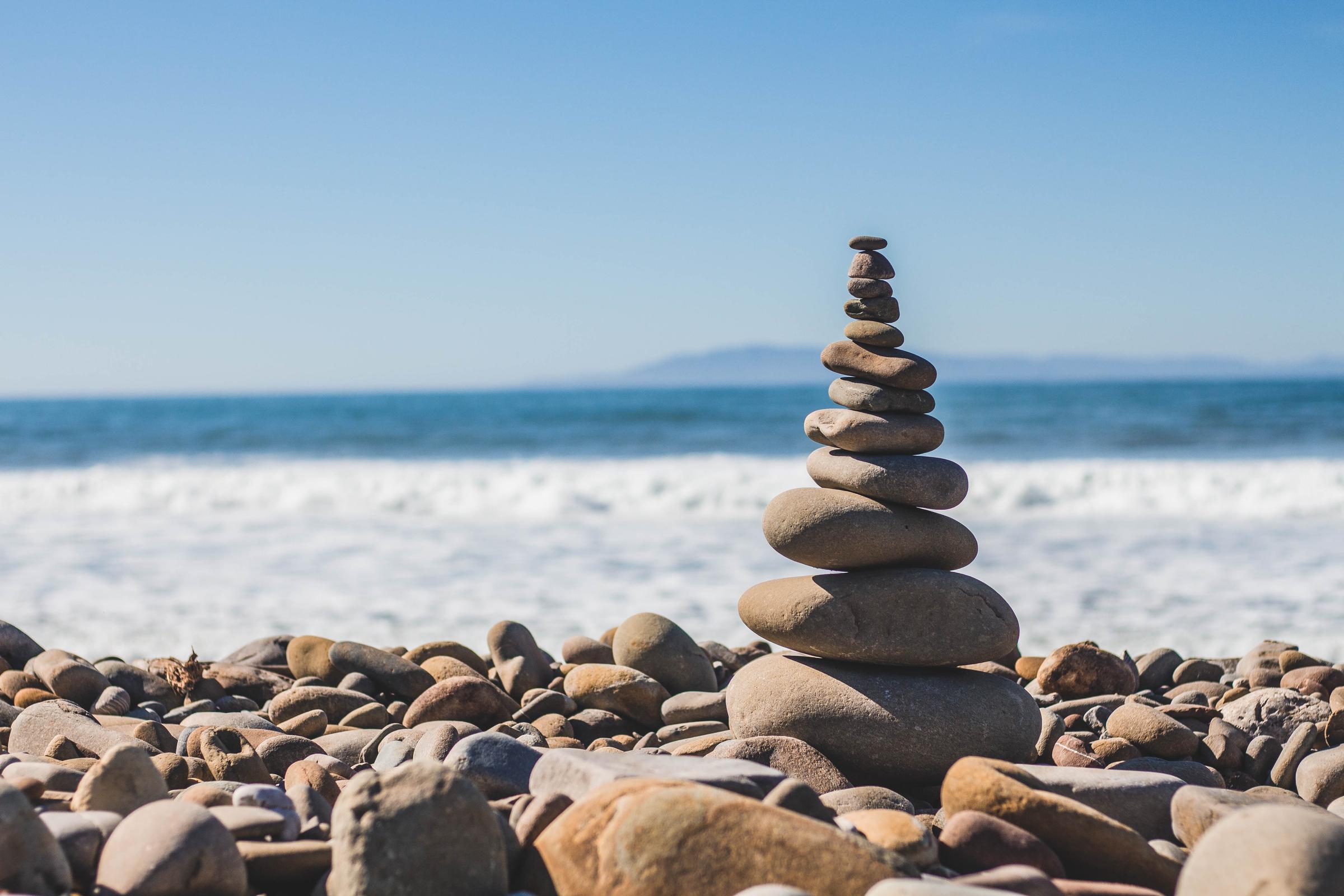CHAPLAINCY

“The Dose Makes the Poison.”
- Paracelsus, 1538.
With our modern focus on positivity and wellbeing, there is an array of half-hearted, empty sayings that some will use to attempt to convince others that the struggles of life are without merit, that sadness or stress should never be felt, and communicates that all negative emotions should be avoided. Despite these many voices, we are not here to attempt to discourage or undermine the challenges of life or the negative emotions that come with those challenges.
When working through negative emotions a common saying in the world of medicine comes to mind, “The dose makes the poison.” There are no inherently “good” or “bad” emotions, however there can be emotions that are experienced at an unhealthy “dose” – happiness when seeing the pain of others, persistent sadness that interrupts the normal ebbs and flows of life, anger that drives others away or harms relationships, bitterness that erodes our hearts and gives ground to malignancies. These extreme emotional states have been linked to negative physical health outcomes and can have a major negative effect on life satisfaction.
Our emotions are complex, intermixed cocktails of positive and negative memories, helpful and harmful habits, fears and anxieties, desires for justice or protection. They are the signal lights in the dashboard of our human experience, sounding their bells and demanding we put on our seatbelts, change the oil, get our fuel tanks filled, or take a look under the bonnet to see what needs care and attention before the smoke starts pouring out.
As we continue through this term and encounter the persistent demands of life that wear through our energy, lower our capacity, and we find our emotions demanding our attention, I would like to encourage you to listen to these warning signals, take time to find a name for each emotion you’re experiencing so you can discover what your body needs and think of ways to fill those needs that’s healthy and supports your goals in life. If you need help, reach out to your trusted friends, family, or GP – basically a human mechanic – and see if you can get a referral to a psych or counsellor that can support you through this journey.
